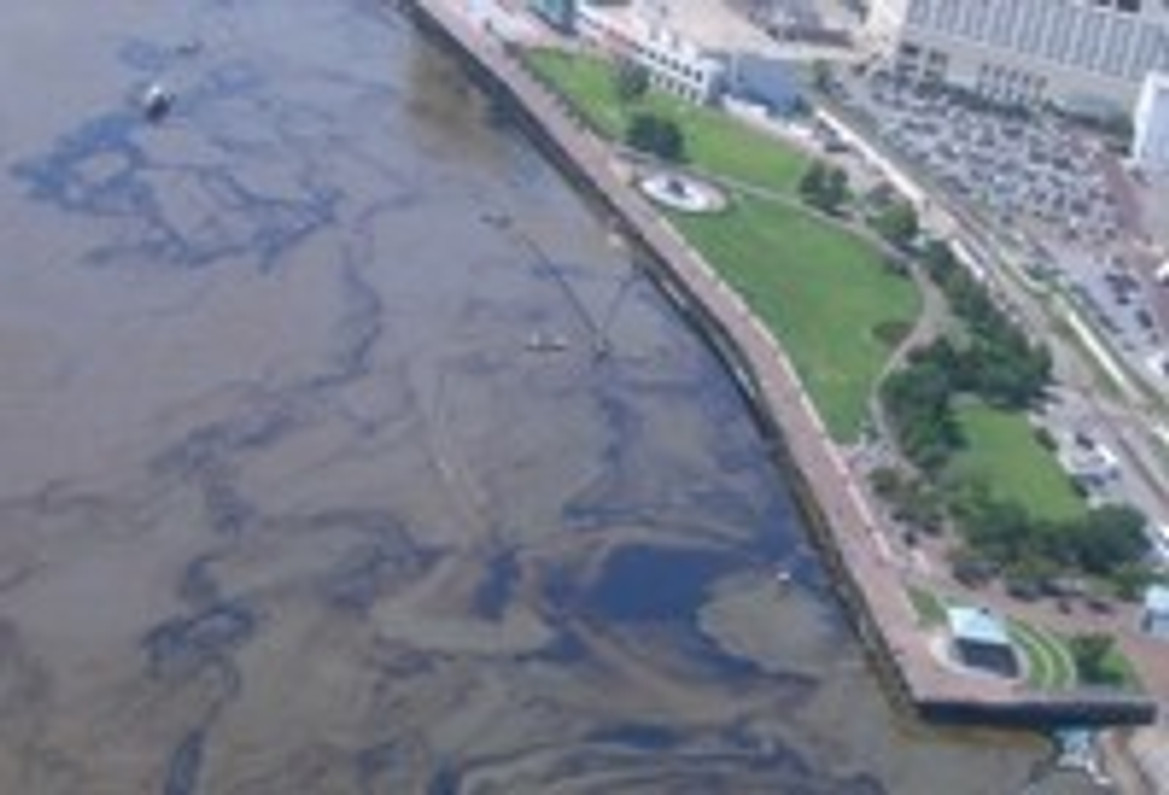Senators Introduce Chemical Spill In The Wake of West Virginia Incident
Earlier this month, we blogged brought you news of a major chemical spill in West Virginia, which left some 300,000 residents without clean water. Businesses were forced to shut down, schools closed, and the local hospitals were receiving hundreds of complaints from people who unknowingly drank the contaminated water. The situation was so bad that President Obama declared it a federal emergency, sending the National Guard in to offer assistance.
West Virginia authorities lifted the tap water ban on January 18th, saying that it was once again safe to drink. However, residents in the nine affected counties are advised to flush their pipes before drinking or using the tap water. Also, authorities advise pregnant women to drink from "alternative water sources," leaving some people to speculate as to whether or not the water is really safe to drink.
Chemical Safety and Drinking Water Protection Act
In an effort to prevent future chemical spills of this magnitude, Senators Joe Manchin, Barbara Boxer and Jay Rockefeller introduced the Chemical Safety and Drinking Water Protection Act. Among other things, the ultimate objective of this bill is to prevent chemical spills from occurring.
Unfortunately, it only takes a small leak to send thousands of gallons of hazardous chemical into a municipal water system, as shown in the West Virginia incident. The Chemical Safety and Drinking Water Protection Act acts as a precautionary measure to help reduce the chance of unwanted chemicals spilling into the environment.
In regards to the new bill, Senator Boxer said:
"It is critical that children and families across the nation have access to clean, safe drinking water, and our legislation makes it clear that if a chemical poses a risk to a water supply, it will be subject to safe practices so we won't see this anxiety unleashed again."
If passed, the new bill will center around the four key elements:
- Requires facilities with above-ground chemical storage tanks to go through state inspections on a regular basis.
- Requires the chemical industry to create emergency response plans according to the guidelines outlined in the Chemical Safety and Drinking Water Protection Act.
- Allows state to recover the financial costs and expenses of responding to emergency chemical spills.
- Ensures tap water systems have the tools required to to respond to emergency chemical spills.
What do you think about the chemical "spill bill?" Let us know in the comments section below!
Recent Posts
-
Fire Safety in the Workplace: What You Need to Know
What steps are you taking to prevent fires in your workplace? According to the U.S. Occupational Saf …Aug 23rd 2023 -
Is It Safe to Go Jogging With a Cold Infection?
If you're suffering from a cold infection, you might be wondering whether it's safe to go jogging. T …Aug 22nd 2023 -
5 Safety Tips to Follow When Using a Powder-Actuated Tool
Powder-actuated tools are commonly used to join materials to steel and concrete. Also known as Hilti …Aug 20th 2023




